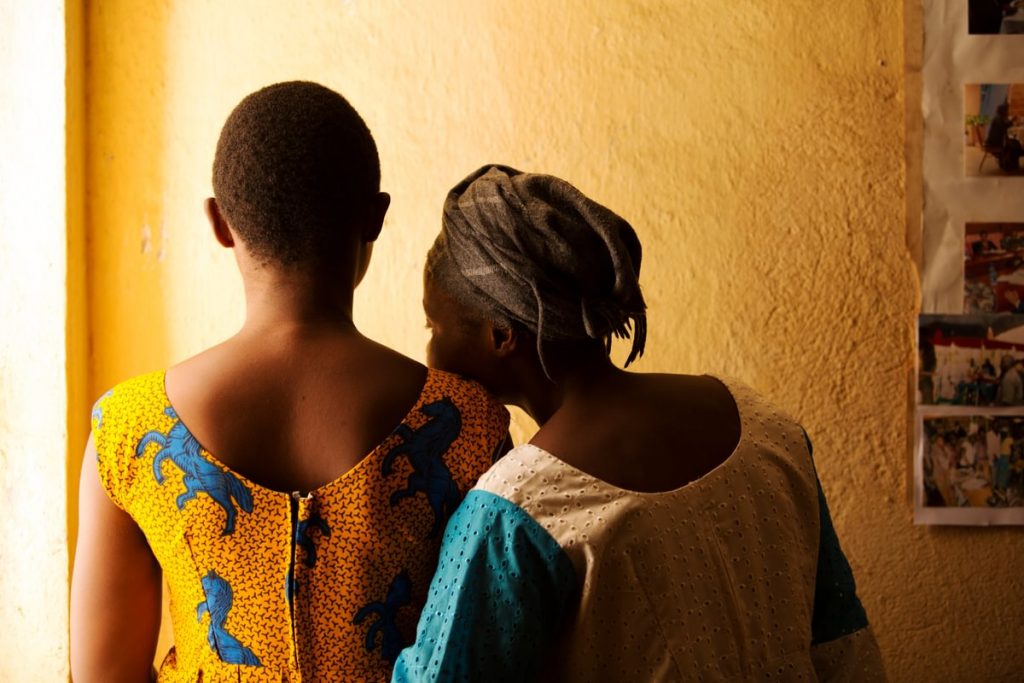New podcast episode – Towards gender justice in the DRC: How SCIAF is supporting survivors of sexual and gender-based violence
*Please note this podcast episode addresses themes of sexual and gender-based violence, which may be upsetting or triggering for listeners*
In the Democratic Republic of the Congo (DRC) sexual and gender-based violence is rife and often used as a weapon of war.
SCIAF are the official relief and development agency of the Catholic Church in Scotland and have been working in the DRC since 2001, supporting women and girls who have been affected by sexual and gender-based violence.
In our latest podcast episode, we spoke to Louise Joyce, lead for the UK Aid Match programme at SCIAF and Thérèse Mema Mapenzi, Director of Centre Olame in the DRC (SCIAF’s partner) about their recently completed UK Aid Match project.
During this episode Louise and Thérèse share SCIAF’s six-pillar approach to sexual and gender-based violence which includes supporting survivors with medical care, trauma counselling and legal support, as well as looking at ways to prevent sexual and gender-based violence in the future. We also hear from Rachel Mwinja Nyakadekere, Community Animator at Centre Olame, who reads out a story from a survivor who has established her own sewing business, and a story from a participant in the project who has become a role model for positive change in her community.
Listen in to the podcast episode to learn how SCIAF implemented their six-pillar approach, how they challenged harmful gender and social norms, and their key learnings and reflections for other organisations who are thinking of working with survivors.

Extract from podcast
“So as part of our six pillar of prevention, we trained youth, local and mixed-faith leaders, and they became key influencers for change at the individual household and societal level amongst their peers and within their community structures. The training covered theoretical and practical aspects of leadership, human rights, as well as promoting gender equality and positive masculinity. It’s very important to include men and boys who are part of the solution.”
Listen to the podcast in full on The Learning Post.
Subscribe to The Learning Post to keep up-to-date with our newest episodes.